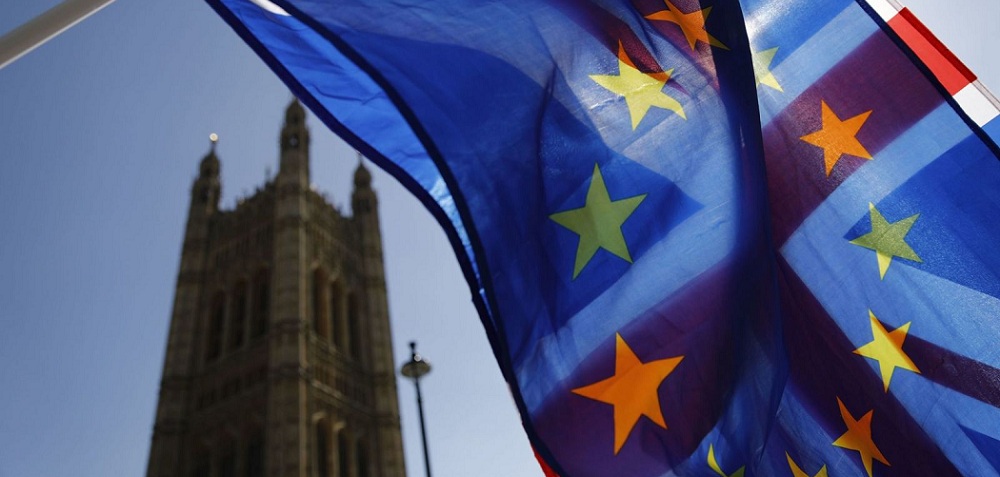Alwaght- Britain is grappling with the Brexit, one of its history’s most challenging issues in the modern time, while yet to find a satisfactory solution.
The Brexit challenge started three years ago when Britons in a referendum chose to quit the European Union. After three years, the way to move out of the bloc remains undecided.
London had time to leave the Union up to March 29, two weeks ago. But the British parliament three times rejected the agreed-upon leaving deal between the government of Prime Minister Theresa May and the European block.
The British parliament is currently deeply divided, with a majority of the lawmakers opposing the exit deal PM May negotiated and finalized with the Europeans.
Some of the conservatives have called for their country to sign a no-deal agreement. So, they are opposed to May’s agreement with the European leaders. Some other members of the parliament, mainly from the Labor Party, are against any exit from the 28-member union. So, they are, too, opposed to the accord reached last year after months of dialogue.
The massive opposition has driven the two sides beyond the timeline set for a final agreement of withdrawal. Now, the Europeans have given London a three-month deadline with a hope to see a British consensus over the issue.
Mutual concerns
The EU has recently said that it was giving London a three-month deadline. The Union is concerned that the British government announces its pullout of the bloc in a no-deal step, a move that can leave the fate of thousands of European companies active in Britain undecided. Uncertainty is bad news for the European companies that will face no-deal damages of having to move out of the British territories. The worrisome part is the wave of damages to these companies that can expand to mar the European economy and push the Continent to a new economic crisis. The experts warn that the European crisis will also reach Britain. So, the negative effects will be of dual nature.
That is what makes the London and Brussels leaders not happy with a no-deal Brexit. A Brexit without an agreement will also badly influence the future of political relations, as well as legal and security accords between the two sides all to allow the economic crisis to spread to the politics.
A new chance
By giving a new deadline, the EU hopes to dissuade London from implementing Brexit. Donald Tusk, the president of the European Council after a meeting that enacted the three-month extension of the process told the journalists that still there was hope London abandon the Brexit process altogether.
In fact, by Britain’s exit, the Union will lose one of its main powers, with the burden being shouldered by Germany and France only. Furthermore, once the Brexit process is finalized, the bloc will lose a large part of its businesses and economy. After all, according to the figures, the British economy accounts for 27 percent of the whole EU economy. Add to this the possibility of a British-American free trade alliance that will take on the EU. Should this happen, the European bloc will certainly face a shrinkage in its role and influence on the global arena. That is another drive for the Europeans to struggle for a London stay within their bloc. It was a hope of London halt of the process that took Brussels to extend the Brexit for three months.
Brexit lessons
Another important issue for the European leaders is making the Brexit costly for London. The bloc is dealing with the Brexit process with a mix of hope and fear. On the one hand, it warns the country of economic and political detriments of the exit and on the other hand gives more time in a bid to dissuade Britain from going the way. This game gives a big lesson to other members that every now and then talk about quitting. The National Front party of France, led by the right-wing politician Marine Le Pen, is a staunch supporter of a “Frexit.” However, seeing the Brexit this costly and time-taking, this party and other rightist parties will no longer be motivated to share a populist pro-exit agenda during the elections.
Therefore, it seems that the Europeans by giving an additional three months to the British politicians eye a dissuasion of London from going the Brexit path. If they fail, then they expectedly will focus on a highly costly exit for London.



























